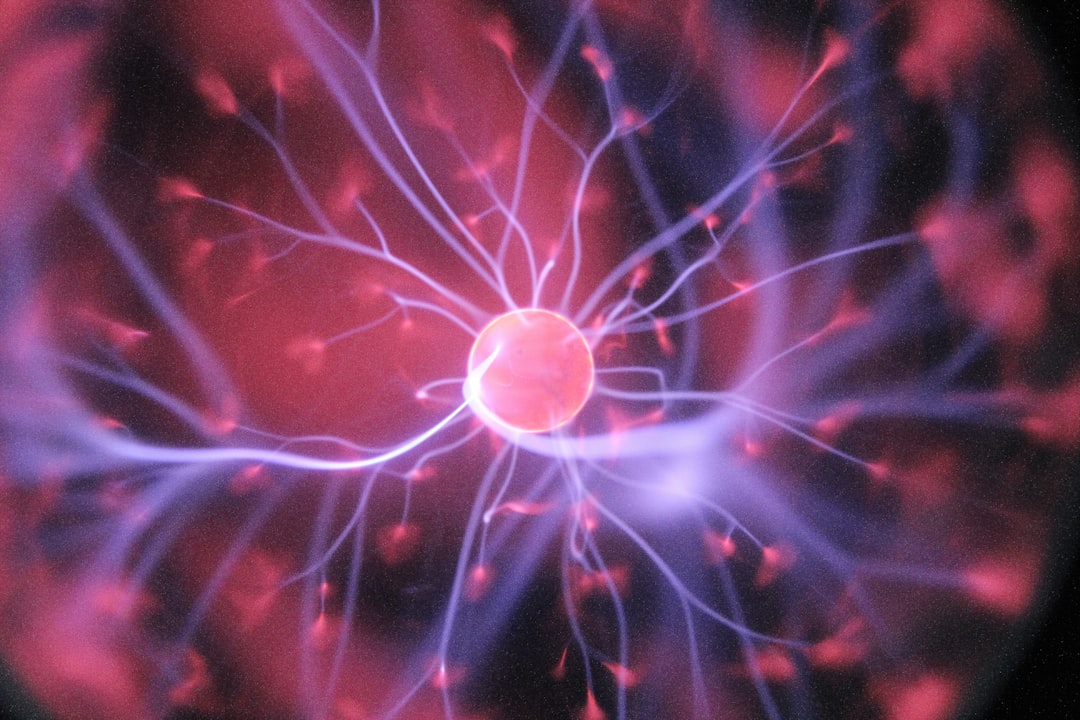Học từ vựng cùng Thay Anh IELTS

Topic hôm nay: Science
Từ vựng:
1. Hypothesis (/haɪˈpɒθ.ə.sɪs/)
– Nghĩa tiếng Việt: Giả thuyết
– Giải thích nghĩa bằng tiếng Anh: A supposition or proposed explanation made based on limited evidence as a preliminary starting point for further investigation.
– Câu ví dụ: His central hypothesis is that human intelligence is a direct result of brain size.
2. Experiment (/ɪkˈsper.ɪ.mənt/)
– Nghĩa tiếng Việt: Thí nghiệm
– Giải thích nghĩa bằng tiếng Anh: A test or investigation, especially one planned to provide evidence for or against a hypothesis.
– Câu ví dụ: She’s been experimenting with drugs lately.
3. Chemistry (/ˈkem.ɪ.stri/)
– Nghĩa tiếng Việt: Hóa học
– Giải thích nghĩa bằng tiếng Anh: A branch of science that deals with the identification of substances and the investigation of their properties and reactions.
– Câu ví dụ: She’s studying chemistry at university.
4. Physics (/ˈfɪzɪks/)
– Nghĩa tiếng Việt: Vật lý
– Giải thích nghĩa bằng tiếng Anh: The study of matter and energy and the interactions between the two through forces and motion.
– Câu ví dụ: He’s studying physics and mathematics.
5. Biology (/baɪˈɒl.ə.dʒi/)
– Nghĩa tiếng Việt: Sinh học
– Giải thích nghĩa bằng tiếng Anh: The study of living organisms, divided into many specialized fields that cover their morphology, physiology, anatomy, behavior, origin, and distribution.
– Câu ví dụ: I failed biology in high school.
6. Evolution (/ˌiː.vəˈluː.ʃən/)
– Nghĩa tiếng Việt: Sự tiến hóa
– Giải thích nghĩa bằng tiếng Anh: The process by which different kinds of living organisms are believed to have developed from earlier forms during the history of the earth.
– Câu ví dụ: The slow evolution of plants and animals took millions of years.
7. Atom (/ˈæt.əm/)
– Nghĩa tiếng Việt: Nguyên tử
– Giải thích nghĩa bằng tiếng Anh: The smallest component of an element having the chemical properties of the element.
– Câu ví dụ: The number of neutrons in an atom is variable.
8. Molecule (/ˈmɒl.ɪ.kjuːl/)
– Nghĩa tiếng Việt: Phân tử
– Giải thích nghĩa bằng tiếng Anh: The smallest particle of a substance that retains the chemical and physical properties of the substance and is composed of two or more atoms.
– Câu ví dụ: Water molecules consist of two hydrogen atoms and one oxygen atom.
9. Experimentation (/ɪksˌperɪmenˈteɪʃ(ə)n/)
– Nghĩa tiếng Việt: Thí nghiệm
– Giải thích nghĩa bằng tiếng Anh: The process of testing and trying out ideas.
– Câu ví dụ: Experimentalism was the keynote of his work.
10. Observation (/ɒb.zɝː’veɪ.ʃən/)
– Nghĩa tiếng Việt: Quan sát
– Giải thích nghĩa bằng tiếng Anh: The activity of paying close attention to something in order to get information.
– Câu ví dụ: He recorded his observations in his diary.
10 câu bài tập điền từ:
1. Immunology is the branch of ____ that deals with the immune system.
2. Can you provide a ____ for the phenomenon we just witnessed?
3. The _____ of new technologies is an ongoing process.
4. The ____ for this reaction will have a yield of approximately 80%.
5. Spectroscopy is the study of the interaction between matter and electromagnetic radiation. It’s branch of _____.
6. An _____ consists of two or more atoms.
7. Quantum ____ is a branch of physics.
8. The _____ in the lab resulted in an unexpected discovery.
9. Each ____ of hydrogen contains one proton.
10. Your job is to make an ____ and record the data.
Đáp án:
1. Biology
2. Hypothesis
3. Evolution
4. Experiment
5. Physics
6. Molecule
7. Physics
8. Experimentation
9. Atom
10. Observation
Bài tập
Không có bài tập.







